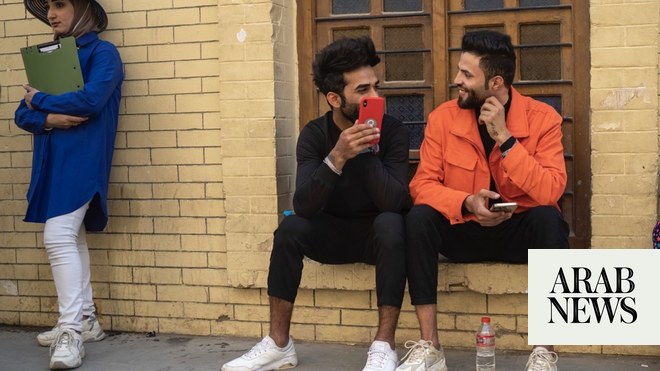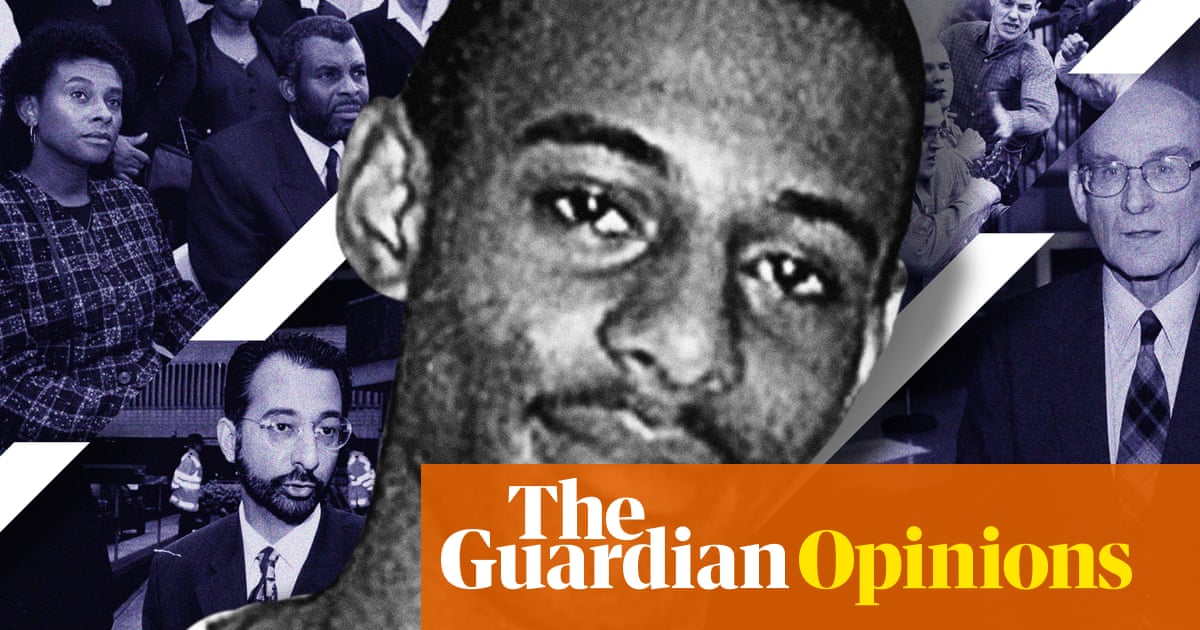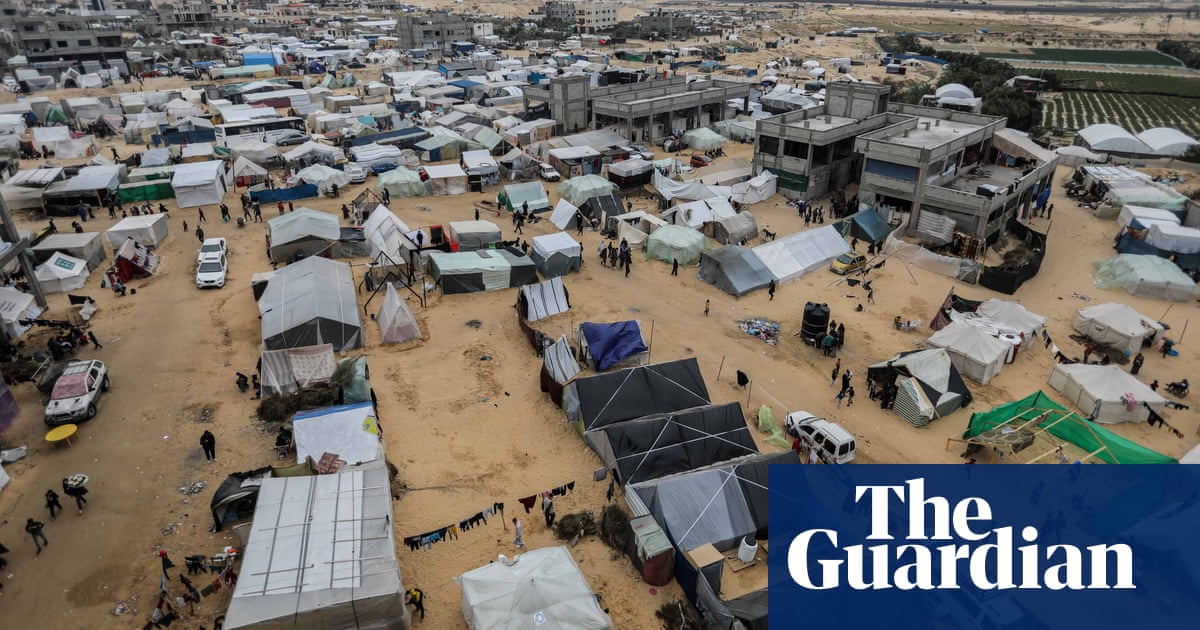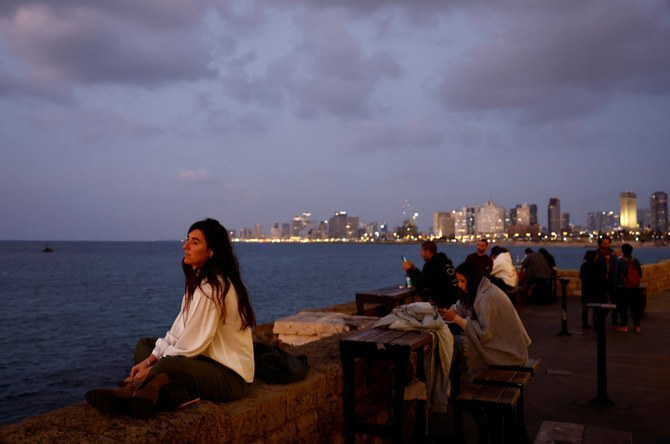
Abed Zughayer is like many young Palestinians when he considers the legacy of the Oslo accords, the first of which was signed 25 years ago this week, said an Agence-France Presse report on Tuesday.
"The Oslo accords are wrong," Zughayer, who was five when Palestinian leader Yasser Arafat and Israeli prime minister Yitzhak Rabin famously shook hands on the White House lawn to seal the first of the agreements on September 13, 1993.
The 30-year-old, speaking at the counter of his clothing store on a busy Jerusalem street, says the accords are "preventing us from claiming our rights over this land."
Many young Palestinians who came of age after the Oslo accords see the landmark agreements which were supposed to lead to peace as a betrayal that has only consolidated Israels occupation.
For Zughayer, Israel will never allow a Palestinian state along its borders.
What Israel wants is "all of the land," he said, referring to calls on the Israeli right to annex most of the occupied West Bank, which would end any remaining hope of a two-state solution to the conflict.
Chances of peace anytime soon are widely seen as remote.
Since 1993, Palestinians have seen persistent Israeli settlement expansion in the West Bank while both sides have endured a second Palestinian intifada, or uprising, from 2000 to 2005.
There have been three wars in the Gaza Strip, which has been under Israeli blockade for more than a decade and is run by the Hamas movement.
The Palestinian Authority, the self-rule body put in place by the Oslo accords, is confined to the West Bank where in theory it has full control of just 17 percent of the territory.
Israel, which seized it in the Six-Day War of 1967, retains complete control over most of it.
The Israeli separation wall -- a cursed symbol of the occupation for Palestinians -- cuts the West Bank off from Israel and annexed Arab east Jerusalem.
In the flashpoint West Bank city of Hebron, where several hundred Israeli settlers live under heavy military protection among some 200,000 Palestinians, "the Oslo accords have legalized the occupation," said 27-year-old Abdallah, who works in the tourism sector, according to AFP.
For him and other Palestinians, the Palestinian Authoritys security coordination with Israel is an example.
Such coordination is seen as having helped prevent attacks against Israelis, but also as maintaining stability in the West Bank in favor of Palestinian President Mahmud Abbas.
Some also accuse PA officials of corruption and of using the structures put in place by Oslo to benefit themselves, said AFP.
"The peace accords have given me a government, but that government exercises another form of occupation on me," said Abdallah.
"The only difference between that occupation and Israels is they speak Arabic!" the young man added, declining to give his name for fear of reprisals.
Some 30 percent of Palestinians in the Gaza Strip and West Bank are between 15 and 29, according to official statistics.
Born just before or after Oslo, some of them see themselves as belonging to the worst-off generation of Palestinians, with less interest in politics and weary of broken promises.
Some look back with reverence to the first Palestinian intifada, before many of them were born, as a time when Palestinians were united against Israel.
Yet there are still believers, such as Jihad Manasra, a 28-year-old activist with Abbass Fatah party, which negotiated and signed the Oslo accords.
If Oslo has failed, it is because the accords "are violated every day by the Israelis," said Manasra, a student at Birzeit University near Ramallah, an institution known for its activism.
He continues to have faith in the two-state solution, but he is in the minority.
A recent poll in the Palestinian territories showed 43 percent support a two-state solution, while 34 percent think that armed resistance is a better option to realize Palestinian statehood.
Frustration among young Palestinian is seen as a major factor in violence when it has erupted, reported AFP.
Diplomats and relief workers -- as well as the Israeli security forces, according to Israeli media -- are concerned recent US moves to end all funding for the UN agency for Palestinian refugees and cut other aid could lead to destabilization.
"If we shut up and we negotiate, the occupation will continue," said Zughayer. "We will get nothing in the end unless we resort to weapons."
Majd, 28, who declined to give her family name, no longer believes a Palestinian state will emerge.
"The only option for me is to educate, to pass along from generation to generation, so that no one forgets that a country called Palestine exists and that these lands are ours," she said.











